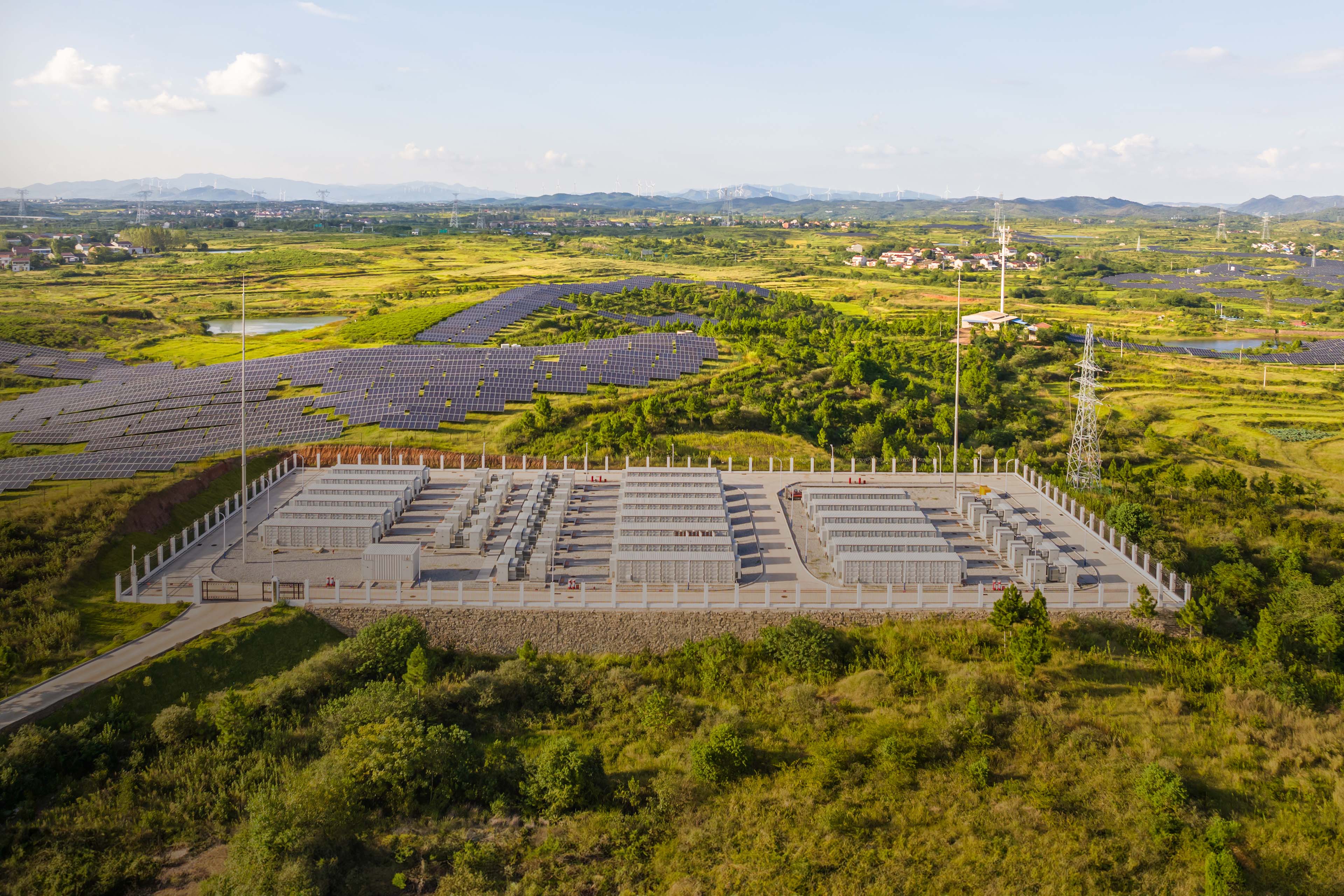EY refers to the global organization, and may refer to one or more, of the member firms of Ernst & Young Global Limited, each of which is a separate legal entity. Ernst & Young Global Limited, a UK company limited by guarantee, does not provide services to clients.
Europe Attractiveness Survey: attractiveness to investors has diminished, Lithuania maintains its focus
Last year, Europe experienced stagnation in foreign direct investment (FDI) growth, with only a 1% increase in the number of new projects. The negative impact of the geopolitical and economic context is further evident in the employment sphere, with FDI projects in Europe creating 16% fewer new jobs compared to the previous year. However, a significant proportion of international investors believe that the worst is behind them and are planning to expand in the coming years. These findings are highlighted in the annual Europe Attractiveness Survey conducted by EY.
Linas Dicpetris, EY Baltics Consulting Leader, emphasizes that businesses are looking ahead despite the challenges, with two-thirds of investors planning to resume expansion in the coming years. The resurgence of investment is driven by pent-up demand and postponed plans from previous years. However, economic conditions necessitate intensive reorganization, rationalization, and cost optimization decisions by businesses. Success will depend on how well businesses adapt to these circumstances.
Leadership positions remain unchanged, with Lithuania ranking 20th
The survey reveals that a total of 5,962 FDI projects were recorded in Europe in 2022, compared to 5,877 in 2021. Energy crisis concerns alone led to 29% of companies postponing planned investments in the Old Continent. France, the UK, Germany, Spain, and Turkey remain the most attractive markets for investors. However, not all of these countries experienced an increase in investment levels last year.
While France witnessed a 3% increase in FDI projects (1,259 projects), the UK saw a decline of 6% (929 projects), Germany experienced a 1% decrease (832 projects), and Spain faced a 10% reduction (324 projects). In the UK, investors are concerned about trade restrictions and labor shortages, while Germany's lack of workers and energy challenges, including pollution issues, deter foreign investors. On the other hand, Lithuania improved its ranking to 20th in FDI attractiveness in 2022 compared to the previous year. The country attracted 46 investment projects, reflecting a 12% growth from 2021. Latvia ranked 23rd and Estonia 34th in the survey.
L. Dicpetris states that Lithuania's consistent position within the top 20 is commendable for such a small market. The country's strong industry, robust infrastructure, high digital and technological competences contribute to its attractiveness to investors. With potential for further advancement, Lithuania can surpass another country in this ranking by attracting mega-investments, such as the billion-dollar electronics chip manufacturing ecosystem currently under discussion. Additionally, maintaining a business environment focused on attracting FDI through educational and training system transformations, fostering clusters and ecosystems, and facilitating collaboration between science and business are crucial. Having the right people in place remains one of the most important criteria for investors.
FDI serves as a key driver of the economy, directly responsible for a substantial share of gross domestic product (GDP). In Germany and France, FDI accounts for 20% of GDP, in the UK it is 28%, in Ireland 73%, and in Lithuania xx%.
Lithuania ranks 5th in Europe for job creation
The sharp jump in FDI job creation in 2021, following the pandemic, has also reversed last year's downward trend. In Europe, investments have created almost 344,000 jobs in total, 16% less than in 2021.
This decline reflects investor caution due to the uncertainty in European markets, but it also sends more serious signals to some countries, such as the need to rationalize their workforce. The statistics indicate that most jobs have been created in countries where wage competitiveness correlates with a good supply of talent. This includes Lithuania, Spain, Hungary, and Romania.
In terms of jobs per million inhabitants created by FDI projects, Lithuania ranks high in the ranking, occupying the fifth place. Comparing 2021 and 2022, this ratio has further improved, and Lithuania has moved up one position. Last year, FDI in Lithuania created more than 3,500 new jobs, which is 5% more than the previous year.
"Lithuania's position in terms of talent remains relatively strong, even though we operate in a small market where we are unable to offer a large number of employees to foreign investors. As long as we focus on investors who require a relatively small number of specialists, we remain competitive. However, we have been receiving concerns from investors regarding our limited supply of workers. It is becoming increasingly difficult to find certain specialists such as industrial engineers, biotechnologists, and data engineers. Additionally, competition for skilled professionals is intensifying in some areas. If we fail to produce sufficient numbers of workers in the specialties that businesses need for the future, investors will be less likely to choose Lithuania as their investment destination," said Linas Dicpetris.
Most of the foreign investments attracted by Lithuania create jobs in the IT, financial, and manufacturing sectors.
Investors are anticipating a new phase of expansion in Europe in the near future.
According to the EY survey, investors are closely monitoring the geopolitical situation in Europe, although concerns about war have somewhat eased. However, concerns about energy and capital markets, as well as inflation rates, are much higher. For instance, almost half (43%) of the investors believe that high interest rates and declining access to finance will impact their 2023 investment plans in Europe. Despite these concerns, 67% of the multinational corporations surveyed plan to establish or expand their presence in Europe within the next year. Europe remains a significant economic powerhouse with over 500 million consumers and more than 20 million businesses.
"It is important to note that the pharmaceutical and chemical industries are looking to invest in Europe. We need to attract a wide range of investors from various industries, particularly those that can contribute to Europe's greater independence in strategic sectors," says Ey Consulting Leader. It is crucial to identify FDI opportunities in a timely manner and capitalize on our competitive advantages.
Related news
Last year, Europe experienced stagnation in foreign direct investment (FDI) growth, with only a 1% increase in the number of new projects.




